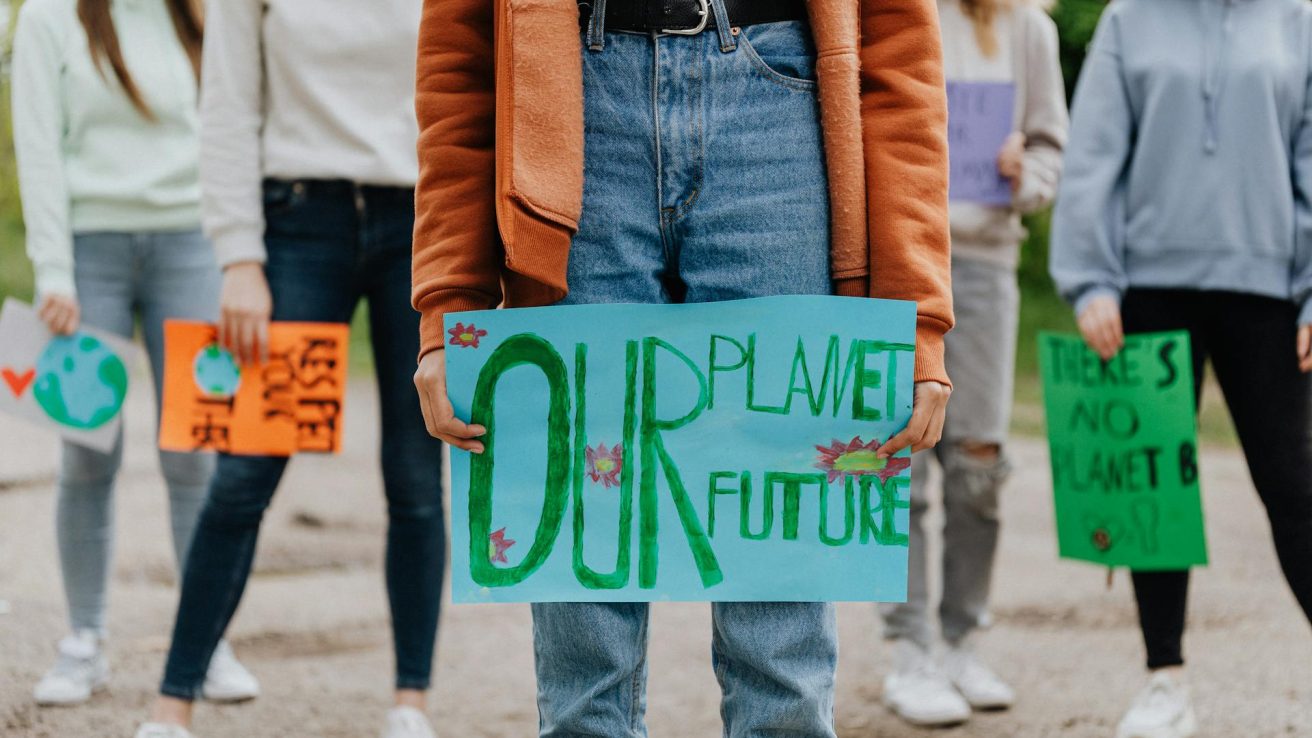Physicians should serve as role model for promoting sustainability in practice, including by reducing home energy use
In a policy statement and accompanying technical report issued by the American Academy of Pediatrics and published online Feb. 20 in Pediatrics, recommendations are presented for addressing the impact of climate change on child health.
Noting that children’s physical and mental health are threatened by climate change, Samantha Ahdoot, M.D., from the University of Virginia School of Medicine in Charlottesville, and colleagues developed recommendations for climate change actions necessary to protect children now and in the future.
The authors recommend that climate change counseling be incorporated into clinical practice. Climate risks should be assessed and solutions recommended when screening for and addressing social determinants of health. Families should be educated on regional climate and health risks and protective strategies. To adequately prepare physicians to provide appropriate health care for children, climate, health, and equity curricula should be incorporated into medical school, residency, continuing education, and board examinations. Carbon emissions should be reduced from the health sector through operating facilities on carbon-free energy sources; in addition, energy, water, and other resource efficiency should be improved in health care buildings and product manufacturing. Decarbonization should be incentivized by incorporating the carbon intensity of services into value-based health care metrics. Physicians should serve as role models for promoting sustainability in practice, including by embracing active transportation, reducing home energy use, transitioning to clean energy sources, and adopting a more plant-based diet.
“Climate solutions are the foundation of a healthy future for every child,” Ahdoot said in a statement.










